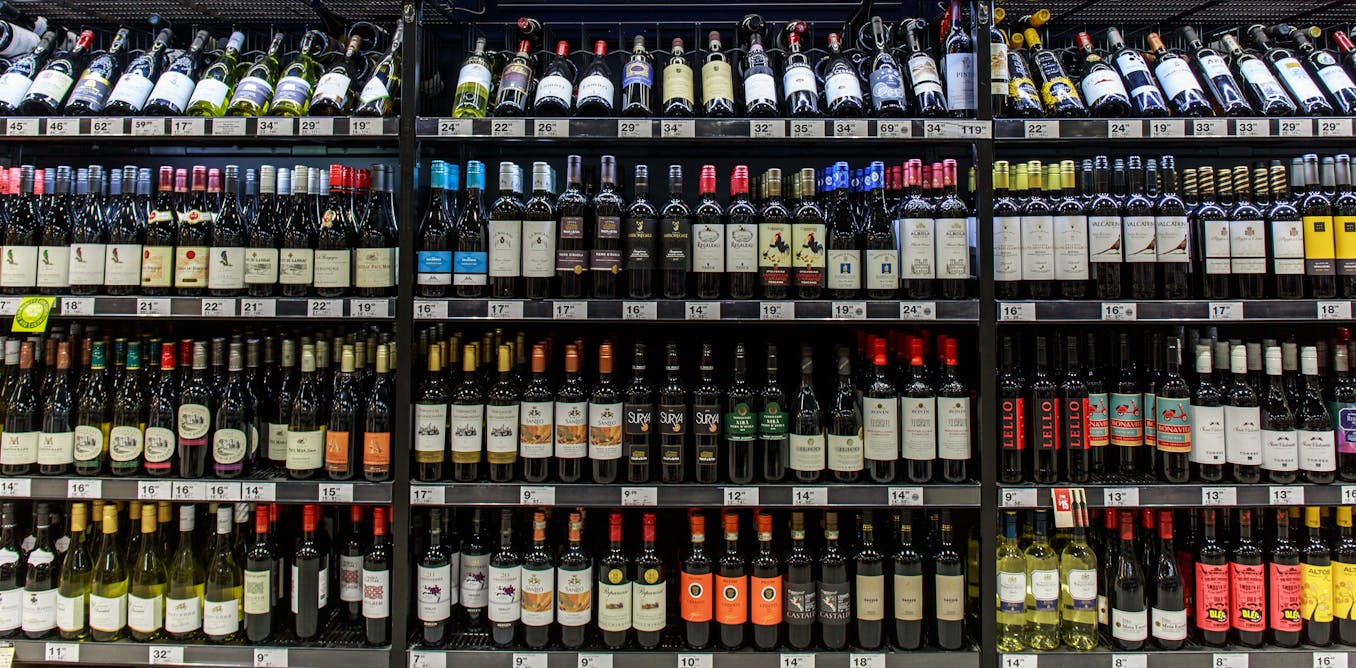In 2012, legislation was introduced in the Northern Territory to restrict the possession and supply of alcohol without a license or liquor license in designated liquor protected areas in the Northern Territory.
This legislation will expire at midnight on July 16, 2022, when 344 areas where Aboriginal people live will revert to unlimited access to alcohol. Alcohol restrictions in around 100 General Restricted Areas (GRAs) that were in place before the Stronger Futures legislation will continue under the Liquor Act 2019.
Northern Territory Government
Is restricting the sale of alcohol in communities racist and paternalistic? Without consultation, perhaps. But Indigenous and non-Indigenous organizations have spoken out against lifting the restrictions. They call for transparent negotiation processes, which involve key community stakeholders, including women’s groups and youth groups.
Consultation with members of First Nations communities is essential to avoid making political decisions without the communities concerned. This would ensure that any strategies implemented would be culturally safe and informed by people who know best the needs of the respective communities.
Read more: Center for National Reconciliation to Help Lead National Systemic Change
Last-minute legislation could lead to more police surveillance in the Northern Territory
A report by the Australian Institute of Health and Welfare estimates that alcohol abuse accounts for 10.5% of the total disease burden among Indigenous people in Australia, with that number doubling for older Indigenous men from 25 to 44 years old. Reducing alcohol abuse can significantly improve overall health and well-being, reduce levels of crime and disability, and improve educational outcomes.
According to one report, the Northern Territory has about five times more alcohol-related emergency room presentations than the nearest state or territory. Despite these figures, Commonwealth and Territory governments appear to be turning their backs on remote communities when it comes to alcohol policy.
The Government of the Northern Territories will implement a membership policy when restrictions are lifted. The Northern Territories government says the policy will “empower communities”, as communities themselves will be able to determine whether or not a designated area continues with an alcohol ban.
However, this new accession process involves obstacles and risks. This assumes that the community is aware of these new laws and that communities will know how the procedures and processes required for this will work, and have the technology and internet access to do so. Another significant hurdle will be for communities to come to a consensus on whether or not to accept alcohol restrictions in their area. Applications for membership must be supported in writing by the registered landowner, which may be a Northern Territories incorporated association, a land trust or a corporation incorporated under Commonwealth law.
If communities are unaware or unable to complete the membership process, it could lead to a significant increase in alcohol-related misdeeds and crimes. The Northern Territories government says further support will be provided to communities that decide not to re-implement the ban to help ensure safety.
However, it’s unclear what this “additional support” will look like, and communities fear it means “additional policing”. This is a concern for First Nations people, given the history of excessive policing of Indigenous peoples and unfair or overzealous treatment by police.
Read more: First Nations people in the Northern Territories only get 16% of the Medicare funding of an average Australian
Northern Territory communities need a better way forward
There is an urgent need to reconsider policy approaches to alcohol regulation in the Northern Territories. An example of this is the government’s approval of a Dan Murphy liquor superstore in Darwin, with the owners themselves commissioning a report which found that the approval of the new store went against the law. advice from health experts and community feedback.
Many jurisdictions around the world regulate alcohol, and regulations vary depending on particular needs and circumstances. Regulations should be adapted to local requirements determined through community consultation.
Consultation can be complicated, time-consuming and expensive, but that is the process set out in Australia’s own guidelines for engaging with Indigenous communities.
Communities have expressed support for changing drinking environments, through social clubs, better education about alcohol consumption, and public messaging about alcohol-related behaviors. Culturally appropriate treatment programs and early intervention or preventive measures were also recommended.
Any future alcohol abuse in these communities will lead to blaming and punishing individuals despite the fact that some affected communities have spoken out that they do not want these restrictions lifted in the first place.
Successful community outcomes can only be achieved through respectful and collaborative support from government, industry and the wider community to better assist First Nations people in controlling their social environment, including drug use. alcohol.
The authors would like to thank Neil Westbury for his time and insights, as reflected in this commentary.

